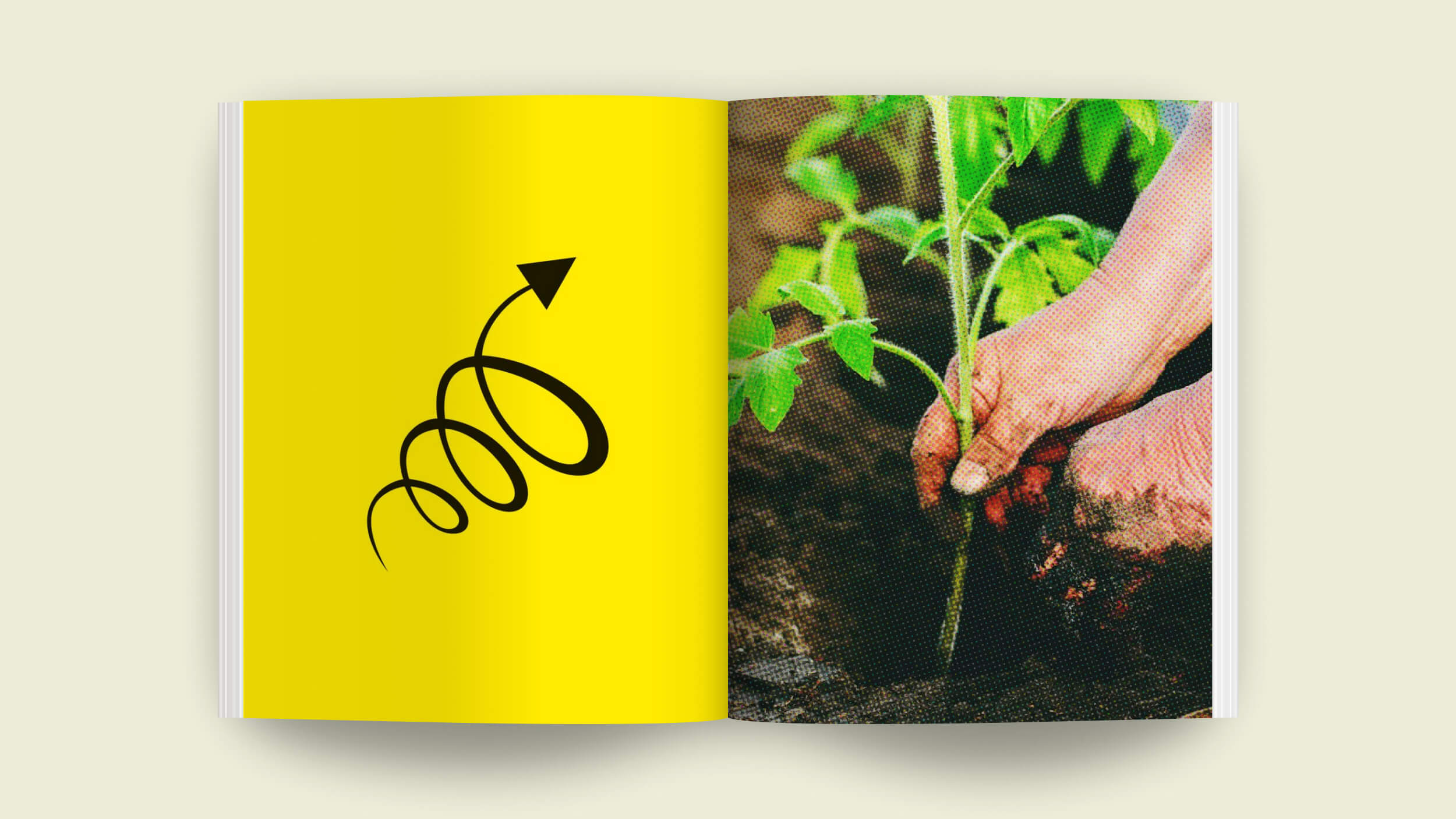Do you really have sovereignty over own your mind anymore? Tristan Harris, a design thinker and former ethicist at Google, points to how smart phones changed our contract with advertisers, and our relationship with reality. Rather than being presented with choices as a consumer, software engineers at companies like Facebook leverage deep psychology to make their products addictive. The longer and more often sites and apps can hold your attention, the more they can make in advertising revenue. This is the attention economy—and it’s why the average person checks their phone 150 times each day. It’s also why Facebook is a free service—’if you’re not paying for the product, you are the product,’ as the saying goes. Harris explains that the constant tug-of-war on our attention won’t end until consumers demand it: we have to ask for a subscription model. In the meantime, consumers can empower themselves by resisting the lure of these psychological hooks. If you walk into a cafe and there’s a queue, don’t look for the reality escape hatch that is your phone. Spend some time in your own thoughts. Exercise your willpower. Technology is a wonderful thing, but mindfulness, conscious choices, and real-world connection are all too easy to lose in the attention economy. To find out more about Tristan Harris, head to tristanharris.com.
Tristan Harris: So why should someone who's in the business of getting someone's attention—why should somebody who runs a business that's all about getting attention, why should they switch to being in the business of helping people?
Well, for one, it's going to be hard to do that until consumers actually demand that that's what they want. We all need to recognize as citizens of humanity, as just being human, that this world that's constantly fighting to grab our attention doesn't serve any of us. It's polluting our inner and our social lives.
And once we recognize that we don't want that as consumers, that will enable businesses to follow consumer demand and say: we want to provide something whose goals are entirely in alignment with your goals, where we measure our success in terms of the net positive benefits that we delivered in people's lives, and we charged more like a subscription model or a payment model rather than advertising where we have an infinite appetite in stealing as much of your attention as possible.
So, when we check our phones 150 times a day, which is the average, are those 150 conscious moments where we're sitting here and then we think and then we choose: “Now I'm going to check my phone”? Or does it just happen to us?
And I think one thing that we don't talk about with the attention economy, what's different about the attention economy versus a normal marketing-product-goods economy, is that in a regular economy people make a conscious choice (theoretically) about the products that they choose to buy or the places I choose to go to. I have to get into a car and go there.
In the attention economy I don't choose where my attention goes; I choose kind of in the moments in between, but a lot of my attention can be steered. This is what magicians do, I mean they do a trick by steering your attention, by focusing your attention over here. So what's different about the attention economy is we have less choice about where our attention goes. It can be steered and manipulated much more easily than the conscious-choice-buying economy where I'm choosing to buy a good.
So why are we checking our phones 150 times a day? Why is this so compelling? Well, it's because at any given moment in life when I'm left with the discomfort of being with myself or if reality gets just a little bit boring for just a moment, if you have just a break, you walk into a cafe and there's a line before you order, what do we do? Why do we pull out our phones in that moment?
In a world where this increasingly gives you access to anything that you want at any given moment or the ability to get back to those ten emails or the ability to watch that video you've been meaning to watch, why would you not turn to your phone in that free moment?
So we have to reckon with a world in which next door to my current moment to moment experience of reality there's this immediately sweeter better choice. And if that's true for every human being walking around, we just put a better choice on life's menu in your pocket that at any moment you could switch to, suddenly the world is going to look a lot like it does today, where everyone is down in their phones.
And the point isn't that suddenly we're distracted or something like that. We really have to get intimate with why is this happening? And the reason it's happening is because it's more compelling than simply being with the discomfort of reality as it is, which is going to force us to ask some really deep questions with ourselves of: if we were to not live that way, if we were to live not looking at our phone in a free moment in time, would we be willing to deal with sometimes being a little bit uncomfortable or being a little bit bored?
And when we make that choice we don't just make that alone because imagine that person who meditates in the morning and suddenly says, "I'm not going to look at my phone today," and so they land in that line in the cafe and they don't look at their phone and they're kind of looking around smiling but suddenly everyone around them is still on their phone. And what we realize is that it's sort of like a weekend isn't just for us, it's about being at a weekend together. If we don't look at our phone we don't just want to not look at our phone by ourselves, we'd want to actually be able to connect together. And when we're connecting with other people it makes reality as sweet actually as the things that our phone provides.
Because the whole point is when you're in connection with someone else, that actually is more compelling than being with our phones. But when you're just by yourself sorting for 'what's going to be the most stimulating or productive or entertaining way for me to be right now?', often times our phone we will beat out other choices that are appearing before us.
And it's only when we are with other people and we’re in connection or conversation with someone else that that actually is better than often these individual choices we can get on a phone—because we actually do desire connection more than that.






